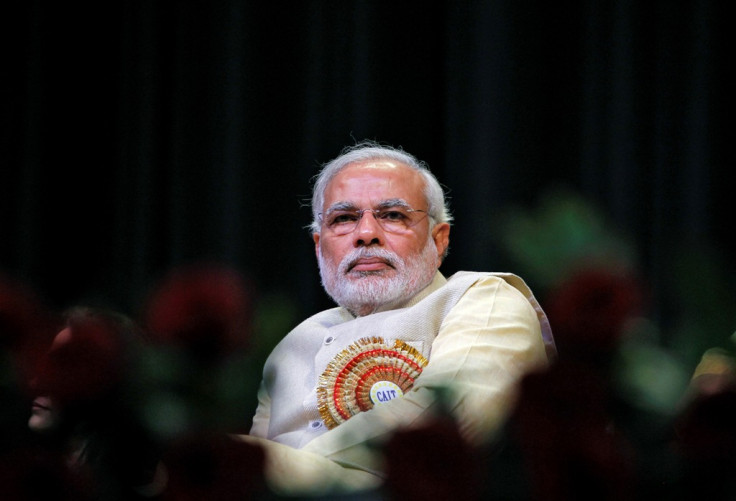India Elections 2014: Modi's Incoming Government to Face Uphill Task of Fixing India's Economy

The opposition Bharatiya Janata Party's (BJP) prime ministerial candidate Narendra Modi cut his teeth in governance as the head of the western Gujarat state, where he has showcased his record of attracting foreign investment.
Stock analysts, investors and executives favour Modi's business-friendly and investor-friendly approach.
Nonetheless, it is clear that Modi's incoming government will face an uphill task of fixing India's economy.
Reforms
The BJP has promised fiscal discipline and banking reforms, among other policy plans, in its election manifesto, though the party has not provided details.
The new government, which is expected to table the annual budget in June or July, will have to figure out a way to boost investments, including in infrastructure, roll out fiscal reforms and battle inflation.
It will also have to work out a way to sustain the outgoing Congress-led government's austerity drive, which included a $13bn cut in spending, at a time when tax collections are not likely to improve with growth hovering at a decade low.
A Modi government may have to deal with a factor it cannot control: the El Nino weather pattern normally associated with weak rains, which could pull down agricultural output and push up food prices. The annual monsoon accounts for 70% of India's rainfall and irrigates more than half its farmland.
Infrastructure Development
Modi will have to raise funds to put back together India's crumbling infrastructure.
Former Infosys board member T V Mohandas Pai believes the government must distance itself from managing India's state-run companies.
Selling stakes in public-sector firms can bring in funds for infrastructure development, Pai told IBTimes UK
Pai believes disinvestment could rake in nearly $17bn (£10bn, €12.4bn) a year.
Modi will also have to take steps to convince global corporations to invest more in Asia's third-largest economy.
His government could also further liberalise foreign investment rules, said Miguel Chanco, India economist at Capital Economics.
"The government can create a fund and transfer ownership of India's state-run firms to that fund. It could then raise money against that fund in the form of debt or a stake sale and use that to build infrastructure. The government can raise 100,000 crore rupees ($17bn) a year through this route. The idea may sound utopian but is needed to create quality infrastructure," Pai said.
"The government must do away with retrospective taxation to boost corporate confidence. It should also amend the new Companies Law in a way that reduces the cost of compliance and the cost of doing business in India.
"A Modi-led government will focus on job creation," Pai added in a telephonic conversation.
"One area that Modi is likely to prioritise is improving the efficiency of India's bureaucracy in order to help clear the backlog in stalled large-scale projects. Modi will have to improve cooperation between the central and state governments in order to ensure that his agenda is not held up due to local state issues," according to Chanco.
"There has not been much clarity on whether he will revisit the issue of disinvestments. Having said that, if he wants to push through with his plans to upgrade India's infrastructure in the near term, he may be forced to divest government holding's in state companies to receive a quick boost in funds," Chanco told IBTimes UK.
"Apart from the multi-brand retail sector, expect to see more liberalisation in foreign investment regulations," he said in his email response.
Weakening economic growth over the years and multiple graft scandals dented the outgoing Congress Partly-led government's image well ahead of national elections.
Critics have argued that outgoing prime minister Manmohan Singh, an octogenarian economist, has not done enough to rescue the economy in the ten years that his government occupied power.
© Copyright IBTimes 2025. All rights reserved.






















